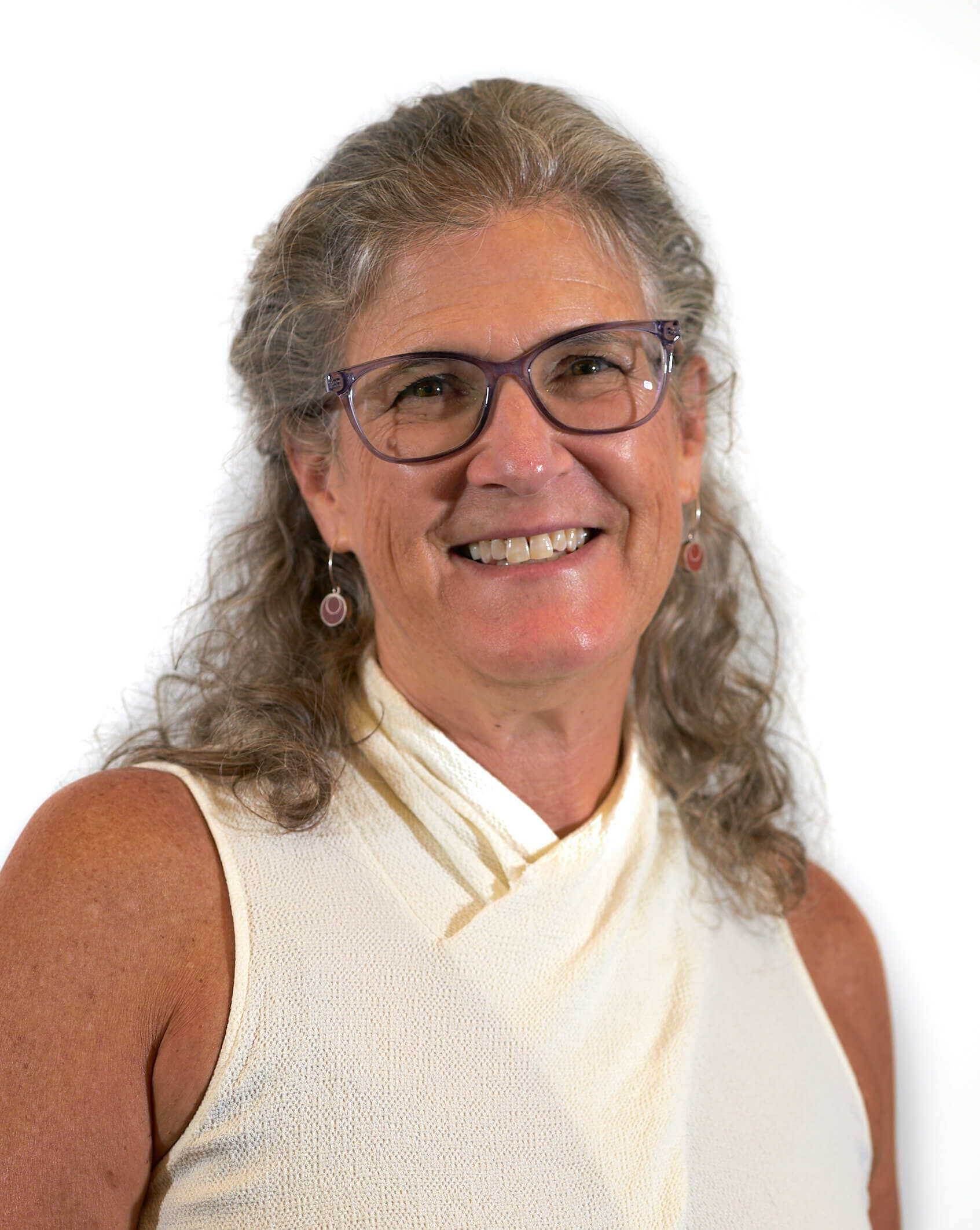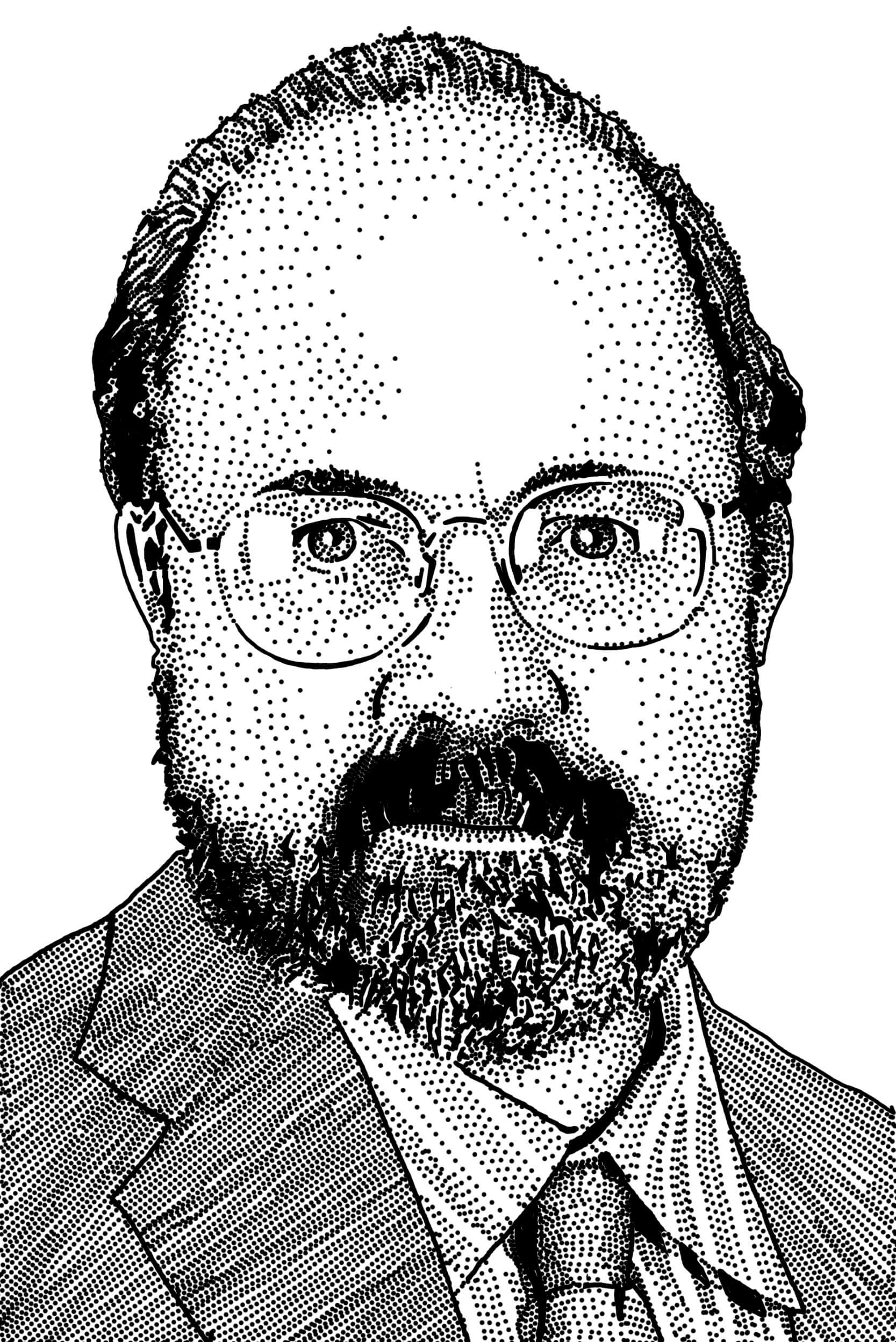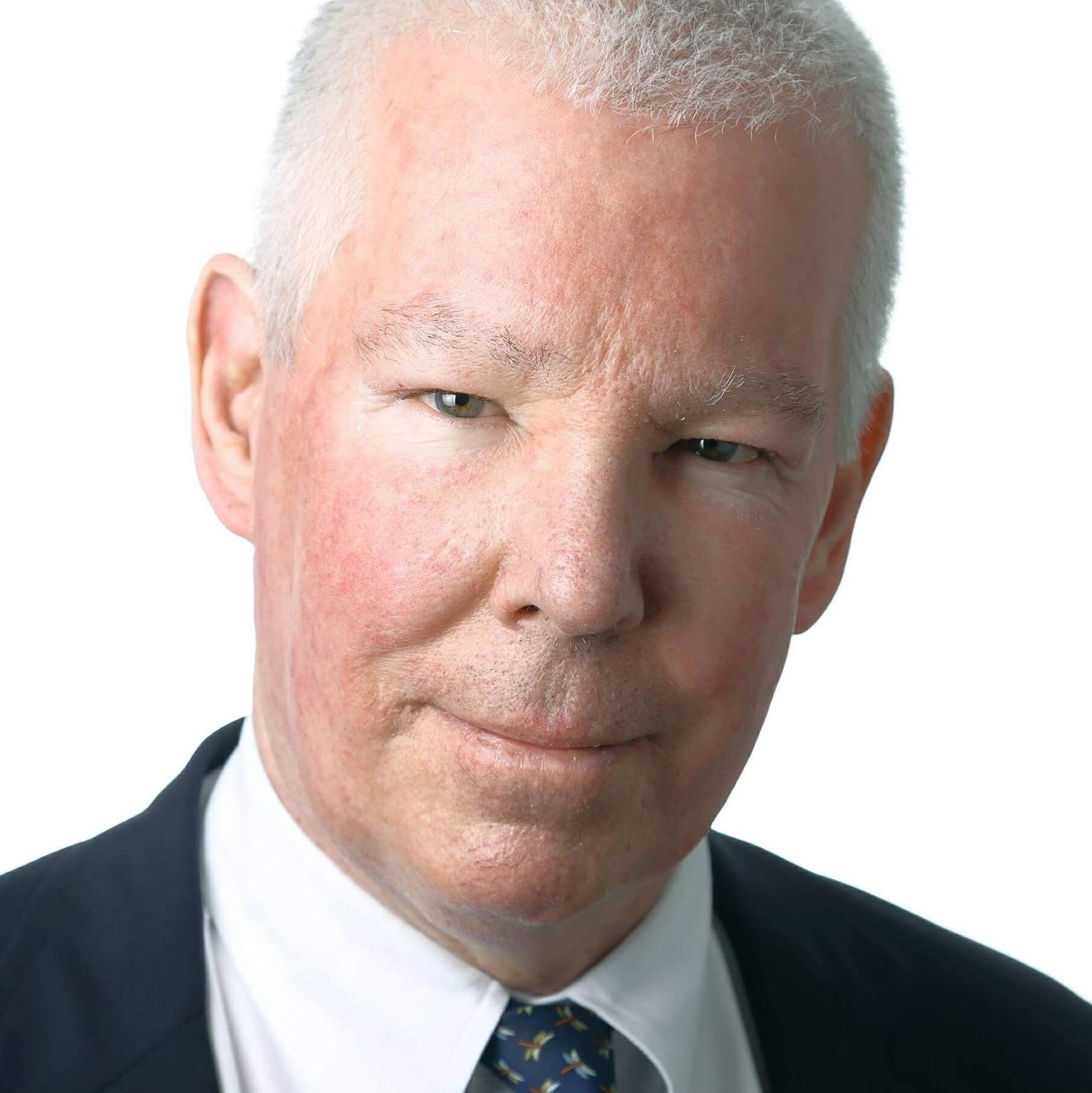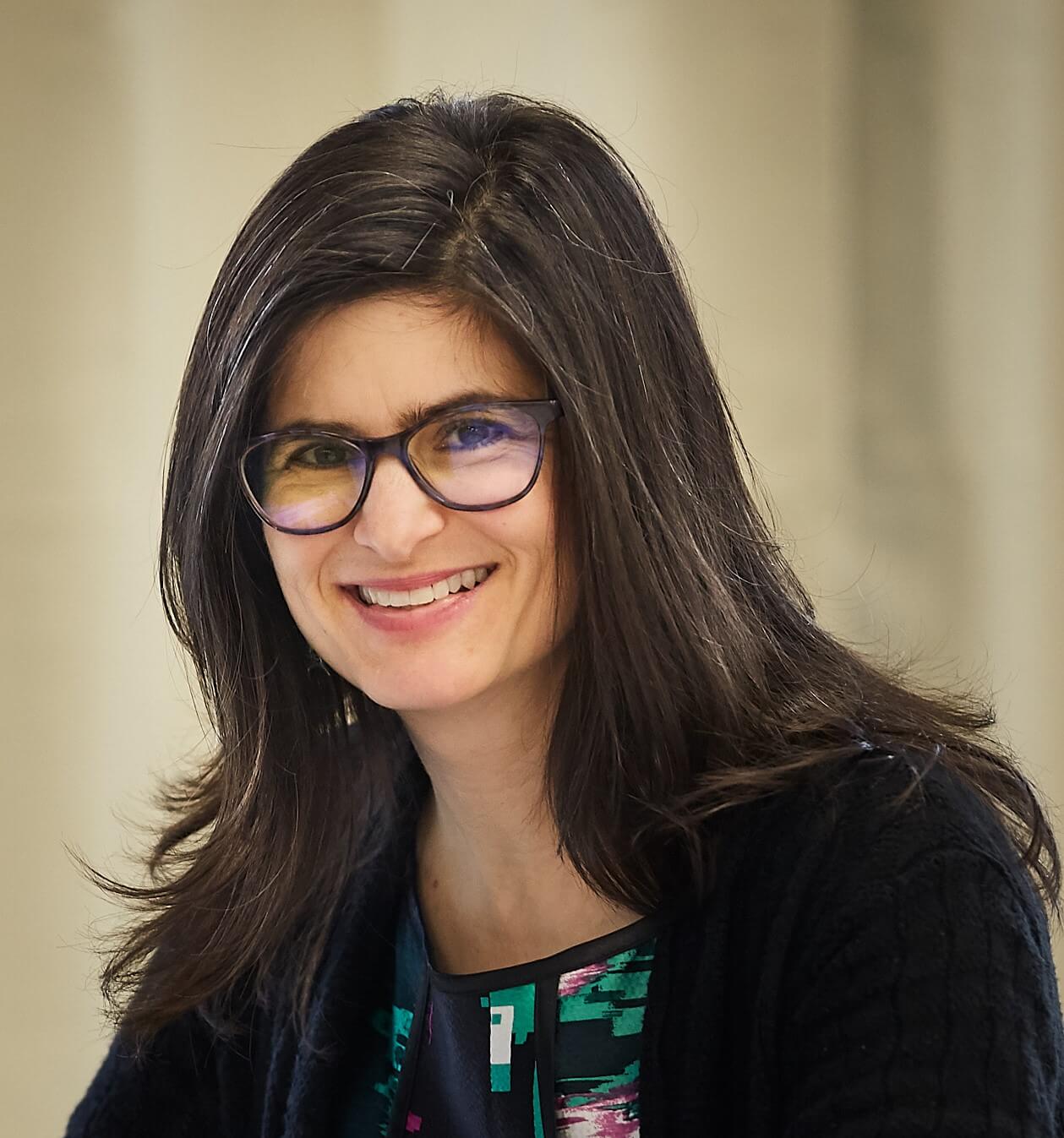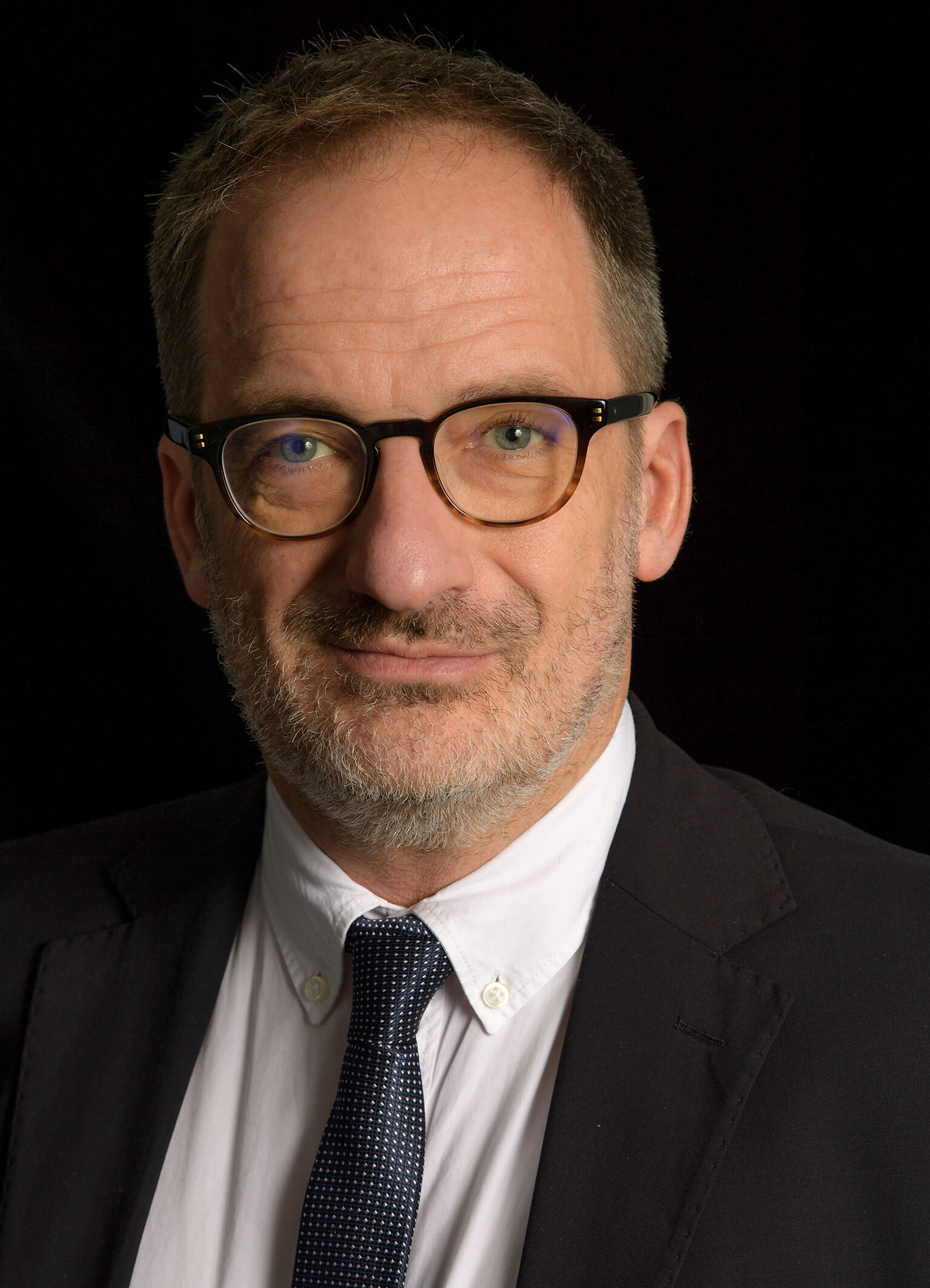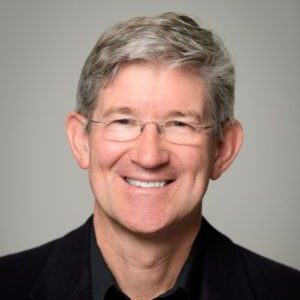All good things must come to an end, and apparently Moore’s Law is one of them. But I have to say, it sure is taking its own sweet time. For as long as I’ve been working in this industry (a brief 8 years) – and I suspect even longer than that – people have been predicting the end of Moore’s Law. The reasons are varied: the laws of physics, technology limits, politics and now economics. In fact, Gordon Moore himself predicted its demise back in 2005 saying “In terms of size [of transistor] you can see that we’re approaching the size of atoms which is a fundamental barrier.” At the time, he predicted 10-20 more years, which takes us to 2015-2025.
In 2012, A Fox News interview with Michio Kaku, professor of theoretical physics at City University of New York (CUNY focused on the technology reasons. His prognosis for Moore’s Law: 10 more years, tops. “The two basic problems are heat and leakage,” Kaku said. “That’s the reason why the age of silicon will eventually come to a close.“
This week at Hot Chips, Keynoter Robert Colwell of DARPA’s Microsystems Technology Office, predicted a similar timeline (2020-2022) for the end of Moore’s Law for economic reasons. His words were captured by at least three industry journalists. Rick Merritt in EE Times, Rik Myslewski in the Register, and Dean Takahashi in Venture Beat. Merritt writes that while many have predicted the end of Moore’s Law, none have done it as convincingly or passionately as Colwell. All three quoted Colwell saying, “When Moore’s Law ends, it will be economics that stops it, not physics. Follow the money.” Accordiing to Myslewski’s post, although Colwell predicts the demise to begins in 2020 he might be “talked into” a 2022, 7nm or 5nm technology, but nothing beyond.
It seems the biggest takeaway from Colwell’s keynote is to stop throwing money at Moore’s Law just to perpetuate a theory. Its time to finally embrace change and invest in the technologies that will bring functionality and performance that will result in a viable return on investment. At the end of the day, he says if a company doesn’t see profit in the potential, it won’t make the investment. Merritt wrote that “Colwell poured cold water on blind faith that engineers will find another exponential growth curve to replace Moore’s Law.” It’s going to take more than just tweaks, and even some of the most promising alternatives are, according to Colwell “Not that promising.”
In his post, Takahashi focused on Colwell’s message to chip designers to take up the gauntlet and use their ingenuity. “Post Moore’s Law, all roads are not blocked,” Takahashi quoted. According to Colwell, engineers can work on tasks such as 3D stacking, improved packaging, better cooling, longer battery life, better input-output systems, improved memory, and better chip architectures, he writes.
Back in July after DAC, EETIMES Brian Bailey posted a commentary, Is Moore’s Law Dead? Does it Matter? In it he asks, “is there no room for innovation if monolithically integrated devices cannot get more complicated? I am sure that some companies will be affected by this “crisis” as their commercial lead is contingent on being ahead of the design and fabrication curve rather than having the best design.” I couldn’t agree more. He also questions a comment made by Robert Colwell (the same guy presenting at Hot Chips) in a presentation at DAC, where he says that the end of Moore’s Law is a concern for National Security because the US would not be maintaining its leading edge in computing power, and the rest of the world could get an edge and therefore access to US government secrets. To this i say, really? If Moore’s Law is dead, isn’t it dead worldwide? I didn’t realize it was restricted to US boundaries. Does Moore’s Law not apply to Samsung? According to this Forbes Magazine article, with the introduction of 3D VNAND, Samsung is leaving Moore’s Law in the dust.
Personally, I think Colwell hit it spot on in his Hot Chips keynote. It is time to take Moore’s Law off life support and let it go. To continue to push its limits is ultimately only holding us back. It’s been a great ride, but its time to focus all our energy on the next set of technology innovations. ~ F.v.T.










